January 16, 2020
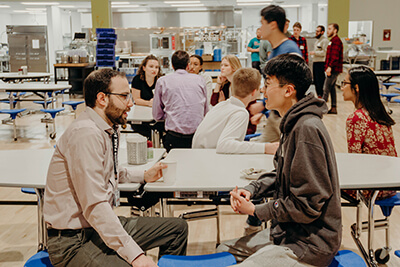 by Dr. Bill Hudson, Head of School
by Dr. Bill Hudson, Head of School
My earliest recollection of my career aspirations is from when I was four or five. I remember having it narrowed down to two possibilities: gas station attendant and trash collector. I hope enough of you are old enough to remember when there were attendants who pumped gas, washed windshields, and checked the oil. For most of us, our thoughts about a career in our early years come from our role models, those we looked up to and wanted to emulate. My aspirations changed as I did and teaching became my desired career path.
Mentors and role models play a crucial part of our academic, ethical, and professional development. Their influence cannot be taken for granted as they help shape our values, actions, and behaviors. In the professional world, mentors and role models can influence our career paths as well as provide practical advice and insight into the workplace. They can also help to form and strengthen valuable connections that often lead to future employment. As it is said, “it isn’t what you know, but who you know.” Read More
 by Renee Wright, Lower School director
by Renee Wright, Lower School director 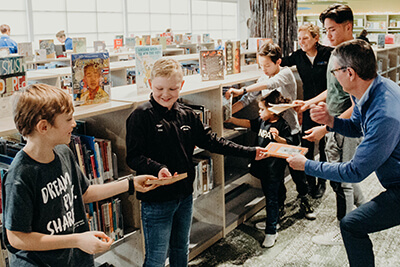 by Dr. Bill Hudson, Head of School
by Dr. Bill Hudson, Head of School by Dr. Bill Hudson, Head of School
by Dr. Bill Hudson, Head of School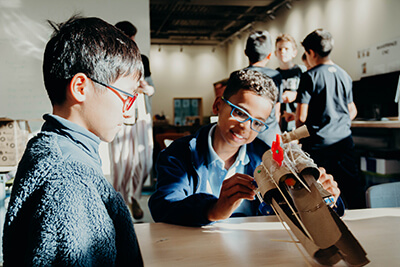 by Mark Segal, Upper School director
by Mark Segal, Upper School director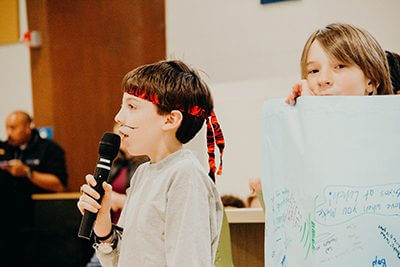 by Dr. Bill Hudson, Head of School
by Dr. Bill Hudson, Head of School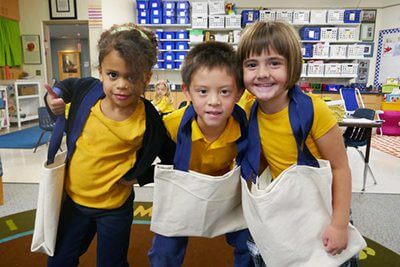 by Dr. Bill Hudson, Head of School
by Dr. Bill Hudson, Head of School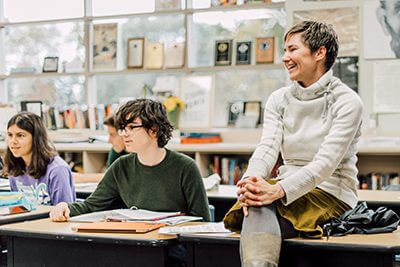 by Dr. Bill Hudson, Head of School
by Dr. Bill Hudson, Head of School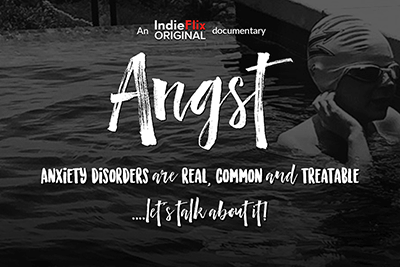 by Jenn Milam, Ph.D., Middle School director
by Jenn Milam, Ph.D., Middle School director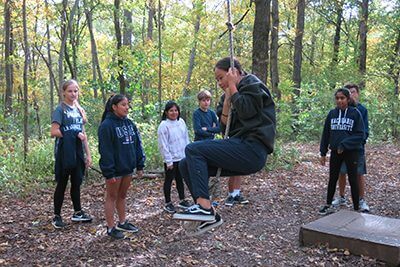 By Dr. Bill Hudson, Head of School
By Dr. Bill Hudson, Head of School